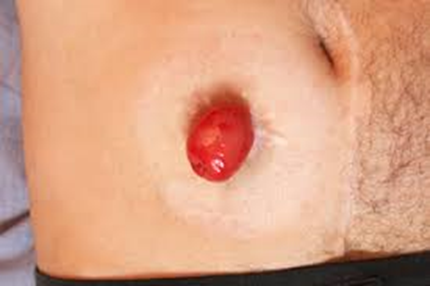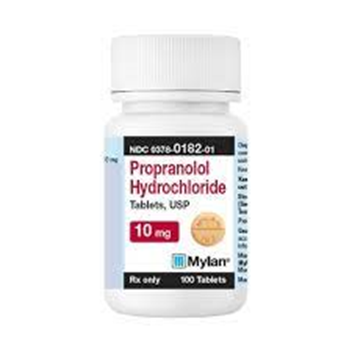A nurse is collecting data from a client who has peritonitis. Which of the following findings should the nurse expect?
Polyuria
Peripheral edema
Decreased respirations
Absent bowel sounds
The Correct Answer is D
Choice A Reason:
Polyuria is incorrect. Peritonitis doesn’t directly influence urine output. Polyuria (increased urine production) is more commonly associated with conditions affecting the kidneys or diabetes mellitus rather than peritonitis.
Choice B Reason:
Peripheral edema is incorrect. Peritonitis typically involves abdominal symptoms and signs rather than peripheral issues like edema. Edema can be related to heart, kidney, or circulatory system problems, but it's not a typical manifestation of peritonitis.
Choice C Reason:
Decreased respirations is incorrect. Peritonitis can cause pain and discomfort, which might affect the depth of breathing or result in shallow breathing due to guarding against abdominal pain. However, decreased respirations as a specific finding wouldn't commonly be expected in peritonitis. Pain might cause shallow breathing, but it wouldn't lead to a consistent decrease in respiratory rate.
Choice D Reason:
Absent bowel sounds is correct. Peritonitis is an inflammation of the peritoneum, the lining of the abdominal cavity. This condition often leads to the loss or significant reduction of bowel sounds due to the irritation and inflammation of the abdominal structures.
Nursing Test Bank
Naxlex Comprehensive Predictor Exams
Related Questions
Correct Answer is D
Explanation
Choice A Reason:
"I wish my sexual relationship with my partner was like it was before." This statement indicates a desire to return to the previous state, implying a sense of dissatisfaction or longing for the way things were before the ileostomy surgery, rather than acceptance of the current situation.
Choice B Reason:
"I have my partner empty the bag for me, so I don't have to look at it."While having a partner assist with bag management might indicate some level of adaptation, the statement implies avoidance or discomfort in dealing directly with the ileostomy. It may suggest a lack of full acceptance or adjustment to the presence of the ileostomy.
Choice C Reason:
“I look forward to having normal bowel movements again." This statement expresses a desire to return to the previous bodily function, indicating a longing for the way things were before the surgery rather than complete acceptance of the ileostomy as a new way of managing bowel movements.
Choice D Reason:
"I will attend a support group to help me handle difficulties when they occur." Attending a support group demonstrates a proactive approach toward acceptance and adjustment to living with an ileostomy. It shows the client's willingness to seek support, learn coping strategies, and engage with others facing similar challenges.

Correct Answer is B
Explanation
Choice A Reason:
Requesting a dosage increase if the apical heart rate is less than 60/min is not necessary. Propranolol is used to lower heart rate in conditions like atrial fibrillation, so a heart rate below 60/min might be the desired effect of the medication.
Choice B Reason:
Withholding the medication if the systolic blood pressure is less than 90 mm Hg is necessary. Propranolol is a beta-blocker that can lower blood pressure. If the systolic blood pressure drops below 90 mm Hg, withholding the medication is necessary to prevent further lowering of blood pressure, which could lead to adverse effects like dizziness, fainting, or inadequate blood perfusion to vital organs.
Choice C Reason:
Administering the medication with an antacid might interfere with the absorption of propranolol, so they shouldn't be taken together unless instructed by the healthcare provider.
Choice D Reason:
Expecting increased hair growth is not an anticipated effect of propranolol. Hair growth is not a usual side effect associated with this medication.

Whether you are a student looking to ace your exams or a practicing nurse seeking to enhance your expertise , our nursing education contents will empower you with the confidence and competence to make a difference in the lives of patients and become a respected leader in the healthcare field.
Visit Naxlex, invest in your future and unlock endless possibilities with our unparalleled nursing education contents today
Report Wrong Answer on the Current Question
Do you disagree with the answer? If yes, what is your expected answer? Explain.
Kindly be descriptive with the issue you are facing.
